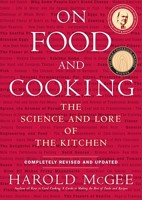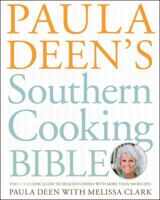The Lunch Box: Packed with Fun, Healthy Meals that Keep them Smiling
Select Format
Select Condition 
You Might Also Enjoy
Book Overview
Jam packed with clever ideas and easy recipes for delicious, healthy, kid-friendly packable meals, this solution-driven cookbook is the perfect book for busy parents looking for lunchtime inspirations. From yummy recipes that make use of common ingredients, to clever ideas for packing lunches that will appeal to kids, Lunch Box is packed with inspiration. This go-to primer covers all the basics--recipes for sandwiches, healthy snacks, and more--and offers tried-and-true strategies from a chef-caterer mother of three. Learn how to make an easy and delicious lunch from in-the-fridge staples and leftovers; how to accommodate allergies; and how to make every lunch box a fun delight for kids. Colorful photography throughout provides visual inspiration. Stuck in a rut? Got a picky eater in your house? This book offers ideas and strategies that will inspire you to step up your lunch-packing game, from irresistible wraps and playful sandwiches, to salads kids will actually eat, to versatile snacks that satisfy the fussiest palates and much more!
Format:Hardcover
Language:English
ISBN:1616281227
ISBN13:9781616281229
Release Date:January 2012
Publisher:Weldon Owen
Length:112 Pages
Weight:1.06 lbs.
Dimensions:0.6" x 7.3" x 8.3"
More by Tan Huay Peng
Customer Reviews
5 customer ratings | 5 reviews
There are currently no reviews. Be the first to review this work.























































